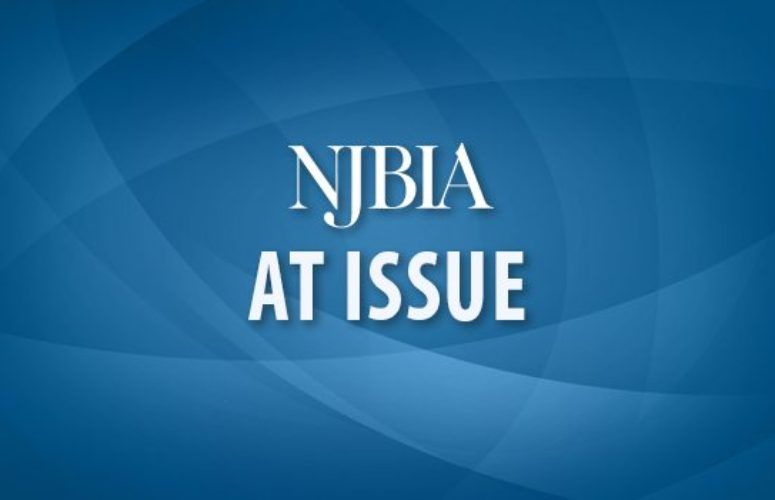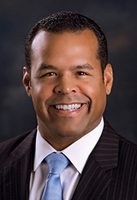
Facing the Paid Sick Leave Challenge
At Issue
By Michael Wallace, NJBIA Vice President of Government Affairs On Apr 30, 2018
NJBIA was able to negotiate several amendments that will help reduce its impact on employers. To their credit, the bill’s sponsors took the time to understand how some of the original provisions of the bill could be detrimental to businesses, and made changes that will make it easier for businesses to comply while still achieving their overall goal. Once these amendments were adopted, NJBIA pulled its long-standing opposition to the bill. Here’s a look at some of the changes made.
At the top of the list is a statewide preemption of local paid sick leave ordinances. Thanks to this amendment, businesses will have to follow only one set of rules.
While New Jersey did not have a statewide paid sick leave law, 13 New Jersey municipalities enacted local ordinances. This created a regulatory nightmare for businesses operating in more than one of those municipalities. Many paid sick leave proponents wanted a statewide policy that allowed individual towns to have their own rules, but lawmakers decided that there should be only one law and, therefore, uniformity throughout the state.
Another important change permitted existing paid time off plans to satisfy requirements of the bill. In other words, businesses that already provide employees with paid leave days may not have to change their programs because of the law. The bill’s sponsors recognized that many employers already provide flexible paid time off policies that allow employees to take care of themselves and their families.
The amendments also give businesses more flexibility. Originally, the bill required employers to offer 72 hours of paid sick leave a year, instead of the annual 40 hours that were agreed upon. Also, employers could prohibit employees from using foreseeable earned sick leave on certain dates, such as holidays, and require reasonable documentation if unforeseen sick leave is used during those dates.
Speaking of reasonable documentation, the original bill allowed employers to require employees to submit a doctor’s note for sick time they take, but the employer would have had to pay all of the employee’s out-of-pocket expenses for obtaining one. That provision has been removed.
A particular concern has been how paid sick leave would impact those who hire seasonal workers, such as shore businesses. One of the amendments allows businesses to require new employees to wait 120 calendar days after they start before they could use their paid sick leave. Of course, employers have the option to start eligibility earlier, but they aren’t forced to do it.
If this legislation is enacted as expected, NJBIA will be there with tips and advice on how best to comply. We are already looking at adding a paid sick leave component to one of our upcoming seminars.
NJBIA would have preferred no paid sick leave mandate, but the reality is that passage of a paid sick leave bill was inevitable. So NJBIA negotiated the next best thing – a bill that is palatable to New Jersey businesses.
Related Articles:





